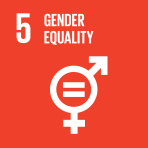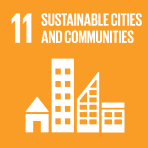Introduction

- Author: United Nations
- Main Title: Social Panorama of Latin America 2002-2003 , pp 133-135
- Publication Date: August 2004
- DOI: https://doi.org/10.18356/2794a32e-en
- Language: English
Chapter III provides information on developments during the 1990s, following on the analysis begun in an earlier edition of the Social panorama of Latin America (ECLAC, 1995). This chapter attempts to answer the key question of whether poverty affects women and men differently. To this end, it presents a conceptual framework for an analysis of poverty from a gender perspective; analyses the quantitative impact of poverty, which is greater for women; demonstrates inequalities existing within families and households which are associated with the constraints of poverty and time; analyses labour–market inequalities and their effects on women’s economic autonomy; and finally, presents two dimensions of poverty not traditionally examined: inequalities in decision–making autonomy and unequal access to power. The main conclusion is that poverty has more severe effects on women, whose contribution is critical if poverty is to be overcome in the region. Accordingly, gender equality –that is, the elimination of social inequalities between men and women– must be one of the overriding objectives of any policy to overcome poverty.
-
From This Site
/content/books/9789211558326s009-c001dcterms_title,dcterms_subject,pub_keyword-contentType:Journal -contentType:Contributor -contentType:Concept -contentType:Institution105



